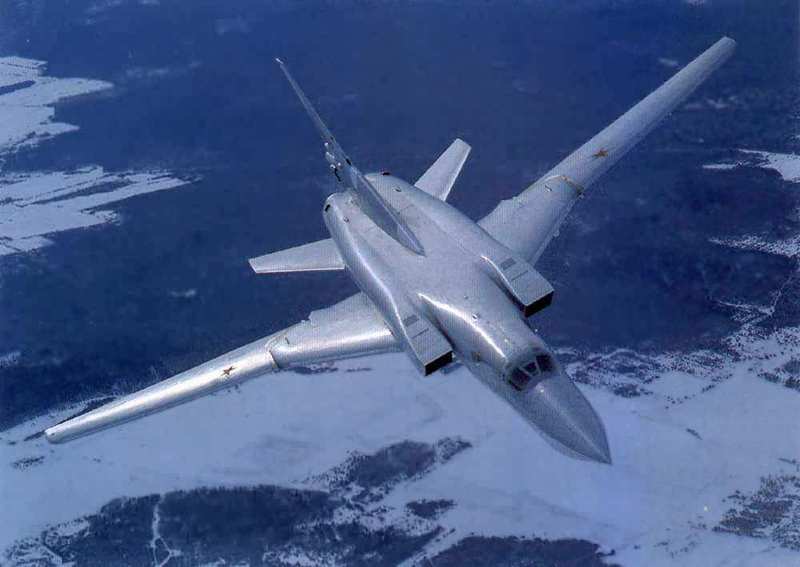The New Maritime Strategy & The North Pole: The Russians Weigh In…
(see yesterday’s aticle re.the ’07 end of summer Arctic ice pack edge shrinkage – SJS)
RUSSIAN NEWS AND INFORMATION SERVICE 23 OCT 07)
MOSCOW. (RIA NOVOSTI POLITICAL CORRESPONDENT MAXIM KRANS) … The Arctic is rapidly becoming a scene of "competition and conflict for access to natural resources."
This is how it is defined in A Cooperative Strategy for 21st Century Seapower, a unified United States’ maritime strategy that explains the comprehensive role of the sea services in an era marked by increased globalization and change, presented on October 17.
U.S. Senate was also urged to approve U.S. participation in the UN Convention on the Law of the Sea.
Taken together, this may point to Washington’s resolve to stand up against Russia and other Arctic sates’ claims to natural resources in that forbidding region.
Canada’s Governor General Michaelle Jean, who opened the parliamentary session by speaking about new challenges, hinted at Russia’s Arctic ambitions. She unveiled her government’s plans for the year, which include the mapping of the seabed, patrolling the high latitudes by warplanes and combat aircraft, and increasing the number of rangers at the northern bases.
Some time before that, Canadian Prime Minister Stephen Harper announced the construction of a deep-water seaport and a military training center in the Arctic to assert his country’s sovereignty over the region.
U.S. Coast Guard icebreaker Healy led Germany’s Polarstern and French Tara schooner to the northern latitudes. Denmark and Sweden joined hands to send the Swedish Arctic-class icebreaker Oden to the area north of Greenland on an expedition named LOMROG (Lomonosov Ridge off Greenland), the ridge over which the Arctic countries are fighting.
But the British surprised everyone. Unable to lay claim to the North Pole, the United Kingdom has decided to assert its sovereignty over the South Pole.
The Guardian wrote on October 17 that Britain "is planning to claim sovereign rights over a vast area of the remote seabed off Antarctica, more than 1m sq km (386,000 sq miles) of seabed" in "a quickening of the race for territory around the South Pole in the world’s least explored continent." There are vast oil, gas and other mineral resources there, although their extraction "is not yet technically feasible."
Argentina hurried to reclaim her right to the Antarctic. On October 19, Foreign Minister Jorge Taiana said his country would file the claim to "its" part of the southern continent and uphold its "sovereign rights" to the oceanic areas around several islands, including the Falklands.
Chile, Australia, New Zealand and other countries that believe they have "more entitlement to the potentially valuable territory" can be expected to speak up too.
So far, the players have been acting within the framework of international law. But some of them now seem ready to rewrite it. The 1959 Antarctic treaty, to which they are signatory, froze all territorial claims and the 1991 protocol to it prohibited the production of mineral resources in the region.
It was Russia who threw the first stone that provoked the avalanche of claims, debates and accusations. I am not referring to its claim to the ocean shelf and expeditions designed to assert it, because they are fully in line with the UN Convention on the Law of the Sea. What irked everyone was the fuss raised by the media over the expedition to the North Pole organized by Artur Chilingarov, deputy speaker of the parliament’s lower house.
Lisa Murkowski of Alaska, member of the U.S. Senate Foreign Relations Committee, said Russia’s expedition in August to plant a flag under the North Pole brought a new importance to the debate over the treaty.
John D. Negroponte, Deputy Secretary of State, wrote in his testimony before the Senate Foreign Relations Committee on September 27: "Recent Russian expeditions to the Arctic have focused attention on the resource-related benefits of being a party to the Convention."
The North Pole expedition of Chilingarov’s team, which was not exceptionally important in terms of research, did a disservice to Russia. It has encouraged powerful rivals to lay their claims to the Arctic.
Famous Arctic researcher Alexander Gorodnitsky said recently in an interview with the Novaya Gazeta daily: "Our claims have awakened our American rivals’ interest in the issue. Unlike us, they have much more funds and, more importantly, unique drilling and research equipment."
However, some experts say that Russia and the United States can agree on the issue, because Washington is now busy fighting Canada, which says it has full rights over those parts of the Northwest Passage linking the Atlantic and Pacific Oceans that pass through its territory, and that it can bar transit there. The United States believes the passage must remain free to all ships.
Russia has an ace up its sleeve. It is the disputed area of 50,000 square kilometers (19,305 square miles) in the Bering Sea. In 1990, Eduard Shevardnadze, then the foreign minister of the Soviet Union, presented it to the United States. However, the parliament did not ratify the transaction. Russia is most likely to use this bargaining chip to its advantage.
The immediate task, though, is to prepare for the next meeting of the UN Commission on the Limits of the Continental Shelf. Chilingarov, who has been to the planet’s poles by plane, helicopter, ship and submarine, is preparing for the meeting in his own way. He plans to go to the North Pole on a Russian dirigible. The ambitious feat could be applauded – in a different situation.
The opinions expressed in this article are the author’s and do not necessarily represent those of RIA Novosti.


One Comment
Comments are closed.